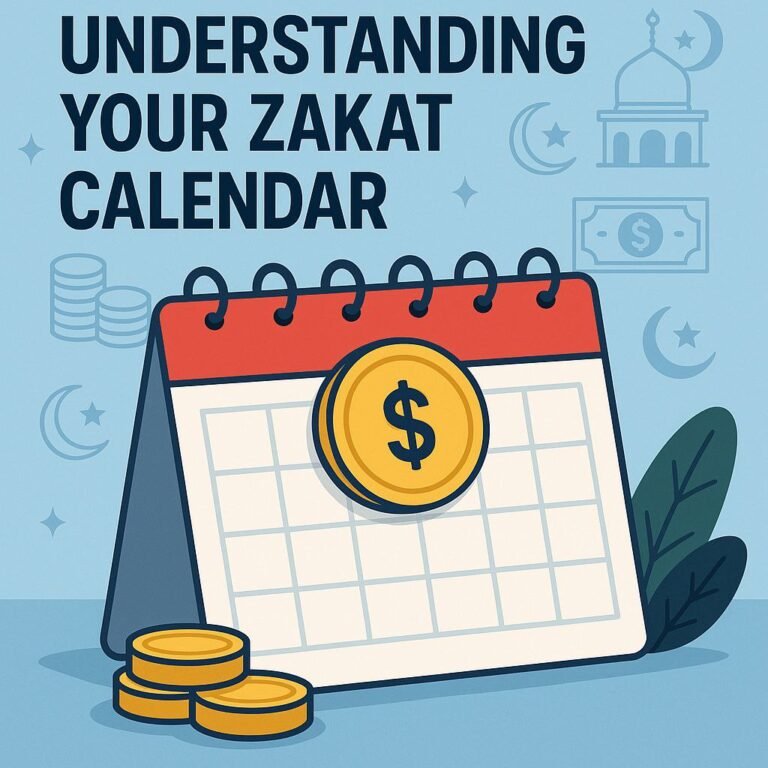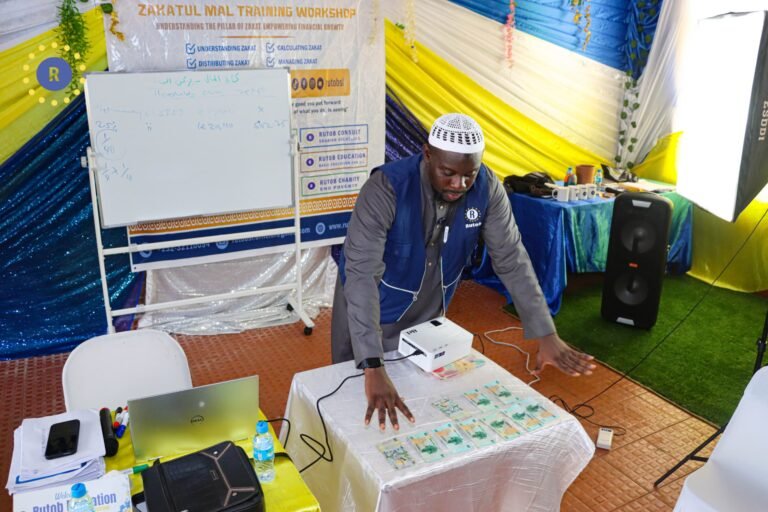Introduction
Sierra Leone, a nation on the path to recovery after years of conflict, continues to grapple with significant challenges in poverty alleviation and economic development. A major obstacle for many, particularly in rural areas and among women, is the limited access to formal financial services. While conventional microfinance has made some progress, the emergence of Islamic microfinance presents a promising new approach to enhance financial inclusion, stimulate entrepreneurship, and drive sustainable socio-economic growth. Rooted in Sharia principles, Islamic microfinance provides a distinct method of financial intermediation that emphasizes ethical practices, risk-sharing, and social justice. Unlike conventional lending, it prohibits interest (riba) and encourages investment in productive activities, aligning well with the developmental needs of Sierra Leone’s underserved communities.
Prospects: Unlocking Economic Potential
The prospects for Islamic microfinance in Sierra Leone are considerable, stemming from several key factors:
- Large Muslim Population: Sierra Leone has a significant Muslim population, creating a natural affinity and demand for Sharia-compliant financial products. This demographic can serve as a strong foundation for the growth and acceptance of Islamic microfinance institutions (MFIs).
- Addressing Unmet Needs: Many individuals are excluded from traditional banking due to lack of collateral, high interest rates, or cultural/religious beliefs. Islamic microfinance, with its focus on asset-backed financing, profit-and-loss sharing (e.g., Mudarabah, Musharakah), and Qard Hasan (interest-free loans), can cater to these specific needs, reaching the “unbanked” and “underbanked”.
- Poverty Alleviation and Entrepreneurship: By providing ethical and accessible financing, Islamic microfinance can empower smallholder farmers, petty traders, and micro-entrepreneurs to start or expand their businesses. This, in turn, can lead to increased household incomes, improved living standards, and job creation, directly contributing to poverty reduction efforts.
- Community Development: The principles of Zakat (charitable giving) and Waqf (endowment) inherent in Islamic finance can be integrated into microfinance models, creating a more holistic approach to community development. This can lead to the provision of social services alongside financial products, enhancing overall welfare.
- Complementary to Existing Efforts: Islamic microfinance can complement and diversify the existing microfinance landscape in Sierra Leone, which currently includes a mix of commercial banks, community banks, financial services associations, and conventional MFIs. This diversification can lead to a more robust and inclusive financial sector.
Challenges: Navigating the Path Ahead
Despite its immense potential, the successful widespread implementation of Islamic microfinance in Sierra Leone faces several challenges:
- Lack of Awareness and Understanding: There is a need for greater awareness and understanding of Islamic finance principles among the general public, potential clients, and even within the financial sector itself. Educational initiatives are crucial to build trust and demonstrate the benefits of Sharia-compliant products.
- Regulatory Framework: The existing regulatory framework for financial institutions in Sierra Leone is primarily designed for conventional finance. Adapting or developing specific regulations for Islamic financial products and institutions is essential to ensure their legitimacy, stability, and growth. This includes developing Sharia governance frameworks.
- Capacity Building and Expertise: A limited pool of professionals with expertise in both Islamic finance and microfinance operations exists in Sierra Leone. Investment in training and capacity building for practitioners, regulators, and Sharia scholars is vital.
- Product Development and Innovation: While core Islamic finance modes exist, tailoring them to the specific needs and realities of Sierra Leone’s micro-entrepreneurs requires innovative product development. This includes creating user-friendly and culturally appropriate financial instruments.
- Funding and Capitalization: Securing adequate funding and capitalization for Islamic MFIs can be a challenge. While international Islamic financial institutions can play a role, domestic resource mobilization and attracting ethical investors are also important.
- Operational Challenges: Like conventional microfinance, Islamic MFIs will face operational challenges such as reaching remote areas, managing repayment risks, and ensuring efficient outreach to the poorest segments of the population.
Conclusion
The introduction of Islamic microfinance in Sierra Leone represents a significant opportunity to advance financial inclusion and contribute to the nation’s socio-economic development. Its ethical framework and emphasis on social justice align well with the needs of underserved communities, offering a viable alternative to conventional lending. While challenges related to awareness, regulation, capacity building, and funding need to be addressed, the immense potential for poverty alleviation, entrepreneurship, and community development underscores the importance of fostering the growth of Islamic microfinance in Sierra Leone. With strategic planning and collaborative efforts, Islamic microfinance can indeed usher in a new dawn for financial inclusion in the country.



